About The Author
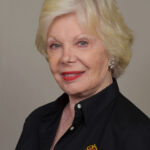
Kay Lopate
Kay L. Lopate is Professor Emeritus from the University of Miami, Coral Gables, Florida in the Teaching and Learning Department in the School of Education. She is the co-founder of the University of Miami Reading and Study Skills Center. She served as Associate Professor for 26 years and taught undergraduate and graduate courses. For thirty years she taught for the Minority Motivation Summer Program sponsored by the University of Miami School of Medicine.
She was also a diagnostician for University of Miami medical students who were experiencing learning difficulty.
Dr. Lopate also has a private diagnostic center for students with learning disabilities, designed a tutoring program for Easter Seals, consultant to student athletic program, and diagnosed students from the Miami-Dade Juvenile Detention Center.
Dr. Lopate has presented scholarly papers at NADE, CLRA, FRA, and Dade Reading Council.
She is co-founder and a featured author of Pinecrest Street Company, Inc. The titles include A Handbook for Early College Undergraduates, How Parents Can Help Their College Student, and Making it in Medical School.
Dr. Lopate received her Ph.D in Reading and Education Psychology, her M.Ed in Reading and Learning Disabilities, and B.Ed. in Elementary Education all from the University of Miami.
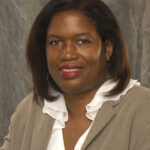
Patsy Trand
Patsy A. Self, PhD., is an instructor of literacy and learning in the department of Teaching and Learning in the College of Education at Florida International University. For 25 years she was the faculty administrator for the Reading Lab, where she also taught First-Year Experience for the Honors College.
At the University of Virginia, Charlottesville, Dr. Self served as a Graduate Assistant, teaching Reading and Learning to students in the Medical College. Dr. Self has also worked as a Reading Lab paraprofessional at Santa Fe College in Gainesville, Florida. She was an adjunct professor for the Medical School at the University of Miami, teaching Reading and Learning to students in the Medical School. In addition, she taught literacy to foreign doctors at Finley Society Post Medical School Miami, and she has taught at Gables Academy in Miami.
Dr. Self has presented scholarly papers, written grants, and published in peer-reviewed journals. She is co-founder of Pinecrest Street Co., Inc.
Dr. Self holds a Ph.D. in Reading Education from the University of Virginia, Charlottesville, and while there held a graduate assistantship to work with the College of Medicine’s program that helped minorities and women meet the rigors of reading and learning in medicine. She earned a Masters of Arts in Radio/TV Film from the University of Missouri, Columbia. Dr. Self’s undergraduate studies in communications were completed at Hampton University, Hampton, Virginia.


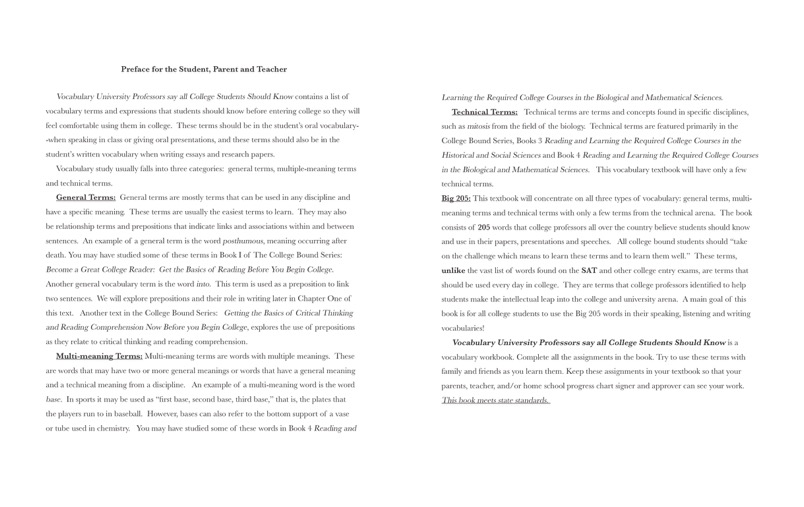
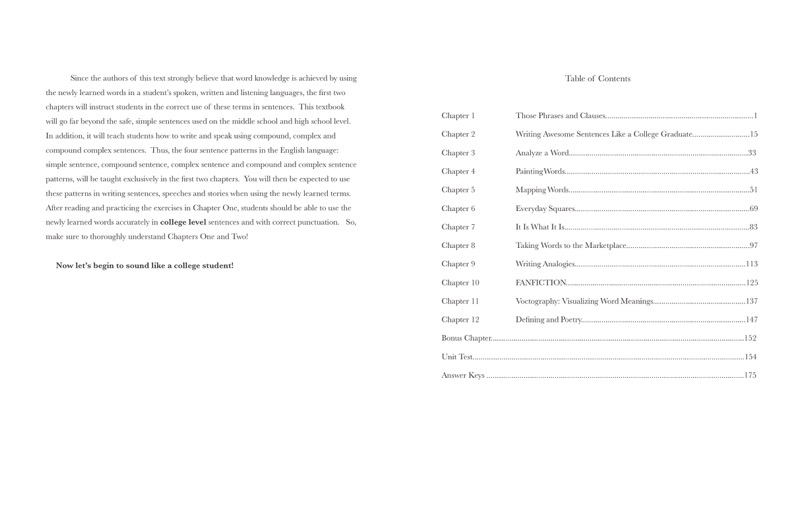
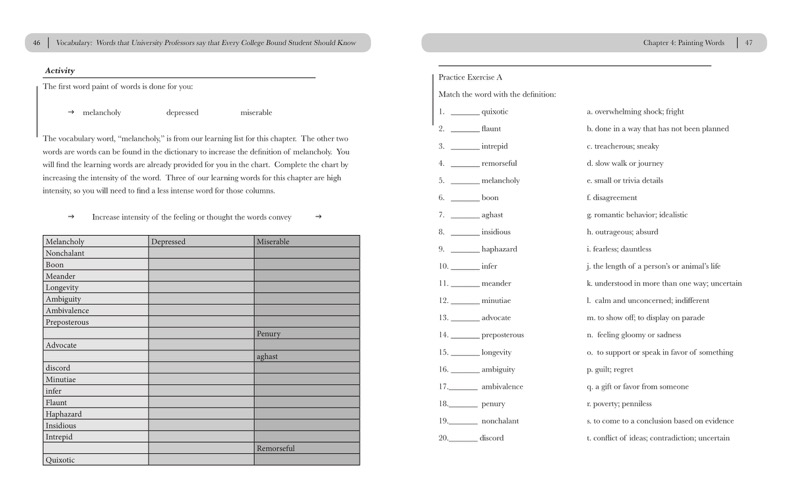
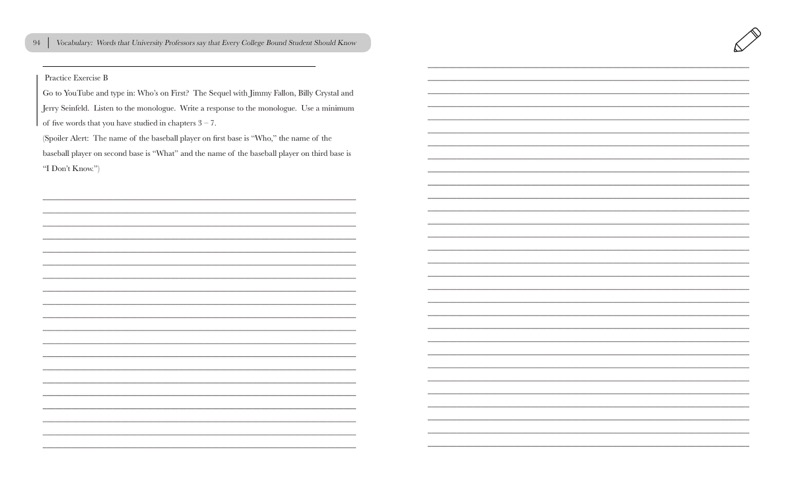
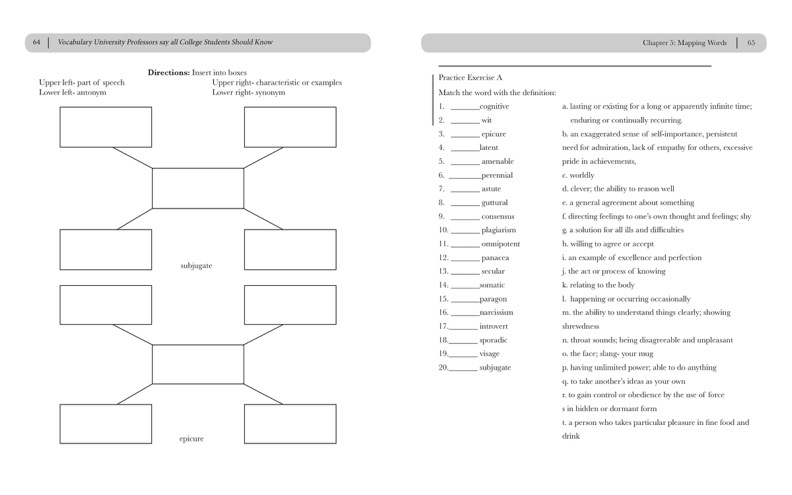


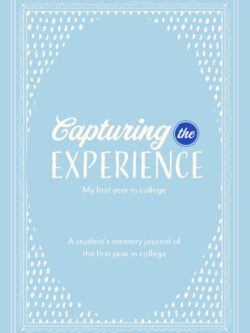
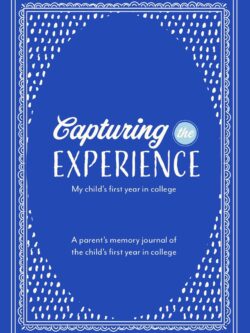
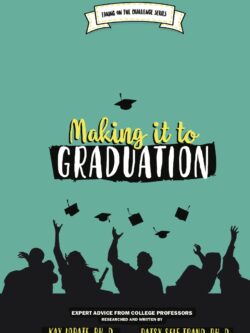
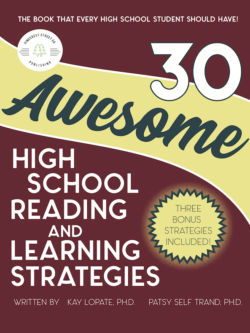
Reviews
There are no reviews yet.